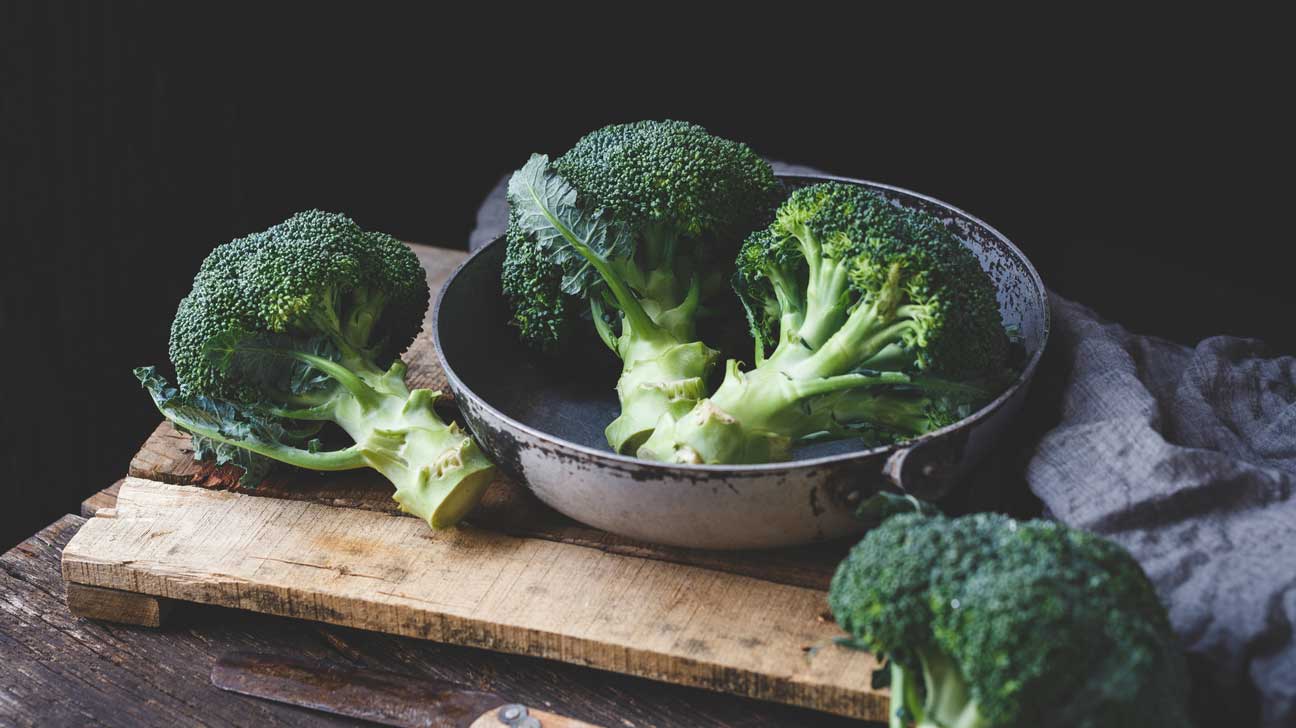Sulforaphane

Sulforaphane, a bioactive compound found in cruciferous vegetables such as broccoli, Brussels sprouts, and kale, has garnered significant attention for its potential health benefits. This article delves into the world of sulforaphane, exploring its origins, the research behind its various health benefits, its presence in different foods, and ways to incorporate it into your diet. From its antioxidant properties to its role in disease prevention, it holds promise as a powerful natural compound with diverse applications in promoting overall well-being.
Introduction to Sulforaphane
What is Sulforaphane?
Sulforaphane is like the superhero of the vegetable world – a potent compound found in cruciferous veggies like broccoli, Brussels sprouts, and cabbage. It’s known for its impressive health benefits and disease-fighting properties.
History of Sulforaphane Research
Scientists have been geeking out since the 1990s, discovering its powerful antioxidant, anti-inflammatory, and potential anti-cancer properties. It’s like the cool kid at the research party, stealing the spotlight with its promising benefits.
Health Benefits
Antioxidant and Anti-inflammatory Properties
It is like a shield for your cells, fighting off oxidative stress and inflammation like a warrior. It helps keep your body in balance and wards off those pesky free radicals.
Detoxification Support
Feeling a bit sluggish? Sulforaphane is here to help detoxify your body like a pro, supporting your liver and getting rid of harmful toxins. It’s like a refreshing cleanse for your system.
Anti-cancer Potential
It is like your bodyguard against cancer, with studies suggesting it may help prevent the big C from crashing your cells’ party. It’s like having a secret weapon in the fight against cancer.
Food Sources
Cruciferous Vegetables Rich in Sulforaphane
Load up on broccoli, Brussels sprouts, kale, and cauliflower to get your sulforaphane fix. These veggies are like little powerhouses of health benefits, packed with this superhero compound.
Optimal Cooking Methods for Sulforaphane Retention
Don’t let sulforaphane escape during cooking! To preserve its superpowers, try steaming or lightly sautéing your veggies instead of boiling them into oblivion. Keep that sulforaphane goodness intact!
Research and Disease Prevention
Cardiovascular Health
It is like Cupid for your heart, with research suggesting it may help improve cardiovascular health by lowering blood pressure and reducing inflammation. It’s like giving your heart a little love tap.
Neurological Conditions
Brain fog? This might be your mental MVP, with studies indicating it could help protect against neurodegenerative disorders like Alzheimer’s and Parkinson’s. It’s like giving your brain a boost of superhero strength.
Metabolic Disorders
Struggling with metabolic woes? It is like a metabolic magician, potentially helping regulate blood sugar levels and improve insulin sensitivity. It’s like waving a wand to keep those metabolic disorders at bay.
How to Incorporate into Your Diet
Sulforaphane, a powerful compound found in cruciferous vegetables like broccoli and Brussels sprouts, can easily be incorporated into your diet. To maximize it’s content, lightly cook these vegetables or enjoy them raw. You can also try sprouting broccoli seeds at home for a fresh source of this beneficial compound.
Recipe Ideas with Sulforaphane-rich Foods
Get creative in the kitchen with sulforaphane-rich foods! Whip up a tasty broccoli stir-fry, roast Brussels sprouts with garlic and lemon, or add a generous helping of kale to your smoothies for an extra sulforaphane boost.
Supplement Considerations
If you’re unable to consume enough through food alone, consider sulforaphane supplements. Look for reputable brands that provide bioavailable forms of sulforaphane for optimal absorption. Consult with a healthcare provider before adding supplements to your routine.
Potential Side Effects and Considerations
While it offers numerous health benefits, there are some considerations to keep in mind.
Interactions with Medications
It may interact with certain medications, particularly those metabolized by the liver. If you’re taking medications, consult your healthcare provider before increasing your sulforaphane intake to avoid any potential interactions.
Allergic Reactions
Individuals with allergies to cruciferous vegetables may experience allergic reactions. If you have known allergies to broccoli, Brussels sprouts, or related vegetables, exercise caution when introducing sulforaphane-rich foods or supplements into your diet.
Future Directions in Research
Exciting advancements are on the horizon for it’s research. Scientists are delving deeper into its potential benefits for various health conditions, including cancer, neurodegenerative diseases, and inflammation. Stay tuned for more groundbreaking discoveries in the fascinating world of sulforaphane!
In conclusion, it emerges as a remarkable nutrient with a wide array of health-promoting properties. As ongoing research continues to uncover its potential benefits in disease prevention and overall wellness, incorporating sulforaphane-rich foods into your diet may be a simple yet impactful way to enhance your health. Whether enjoyed in a delicious recipe or through a carefully chosen supplement, it offers a natural and accessible avenue towards a healthier lifestyle.











